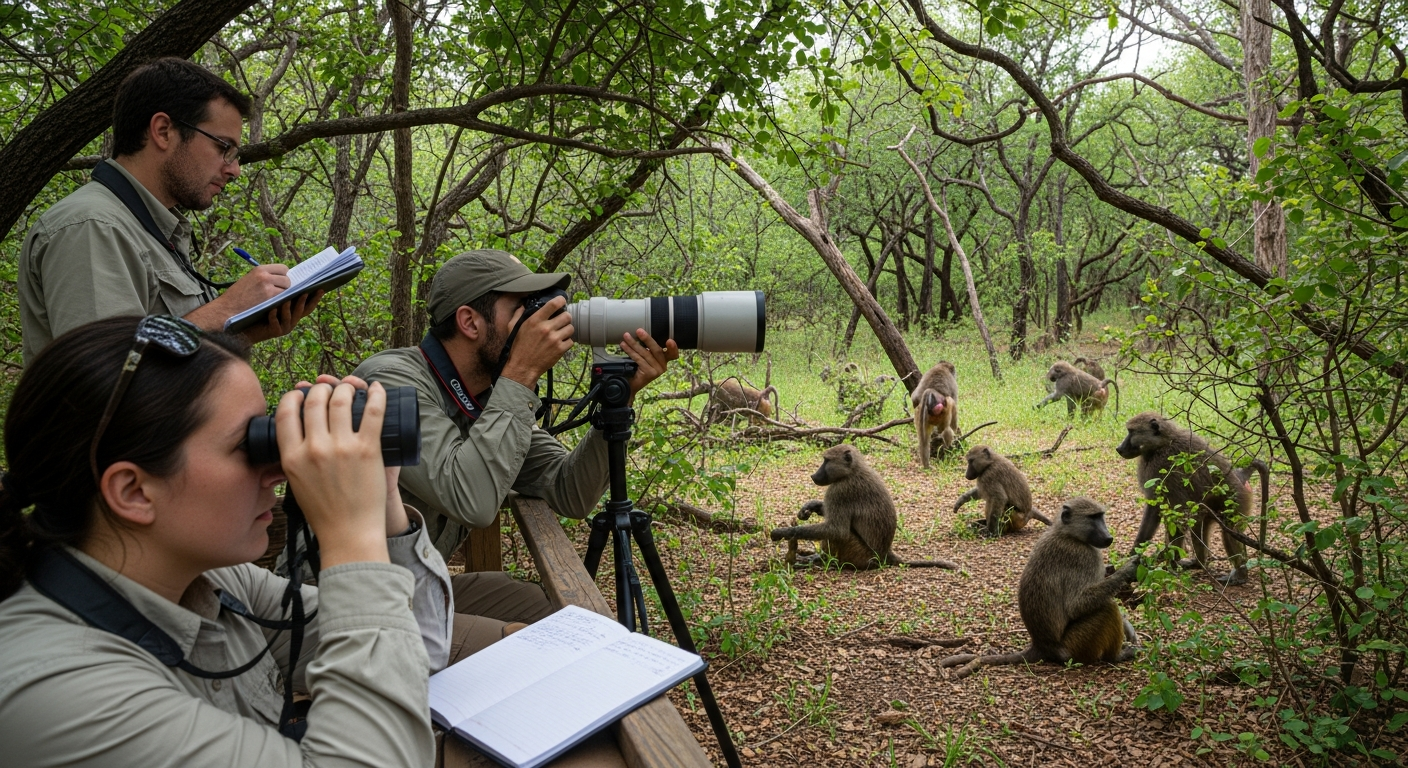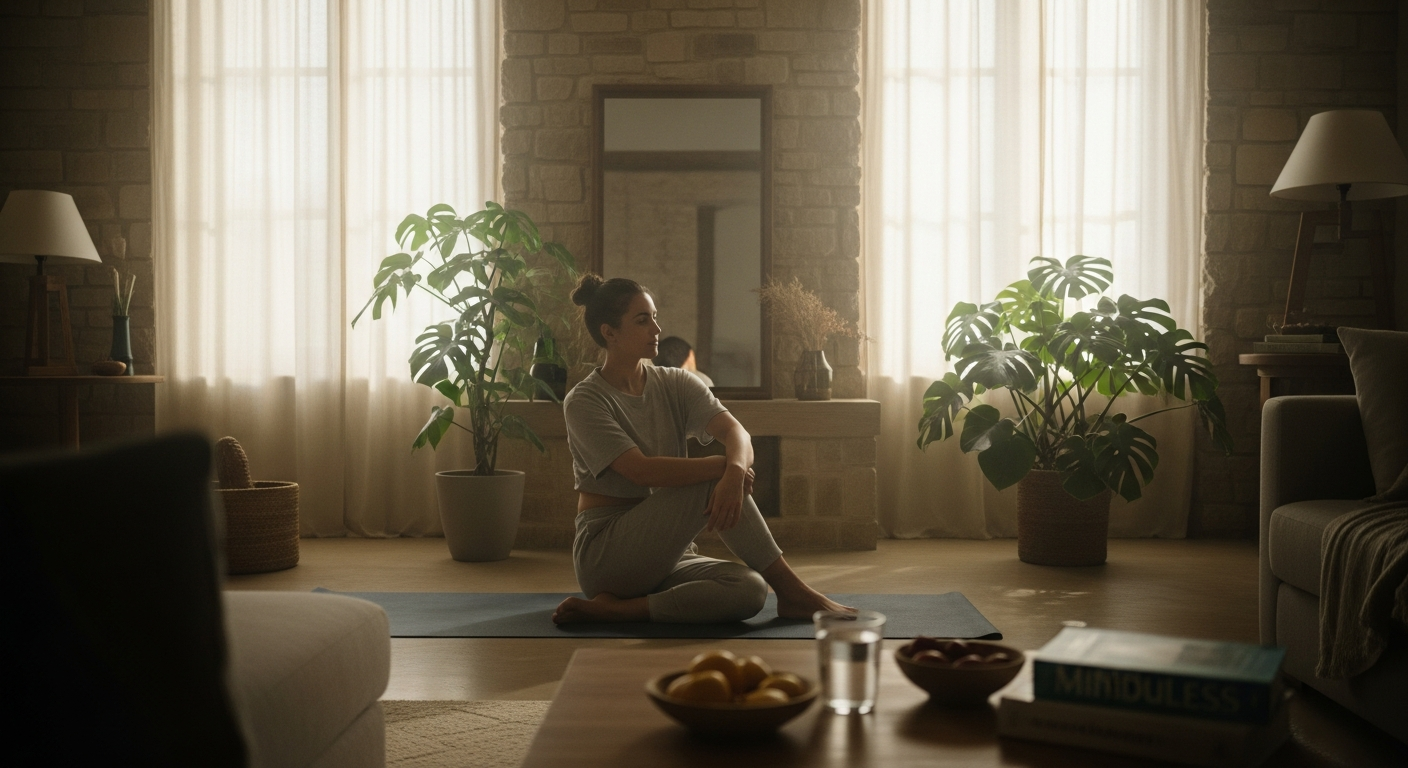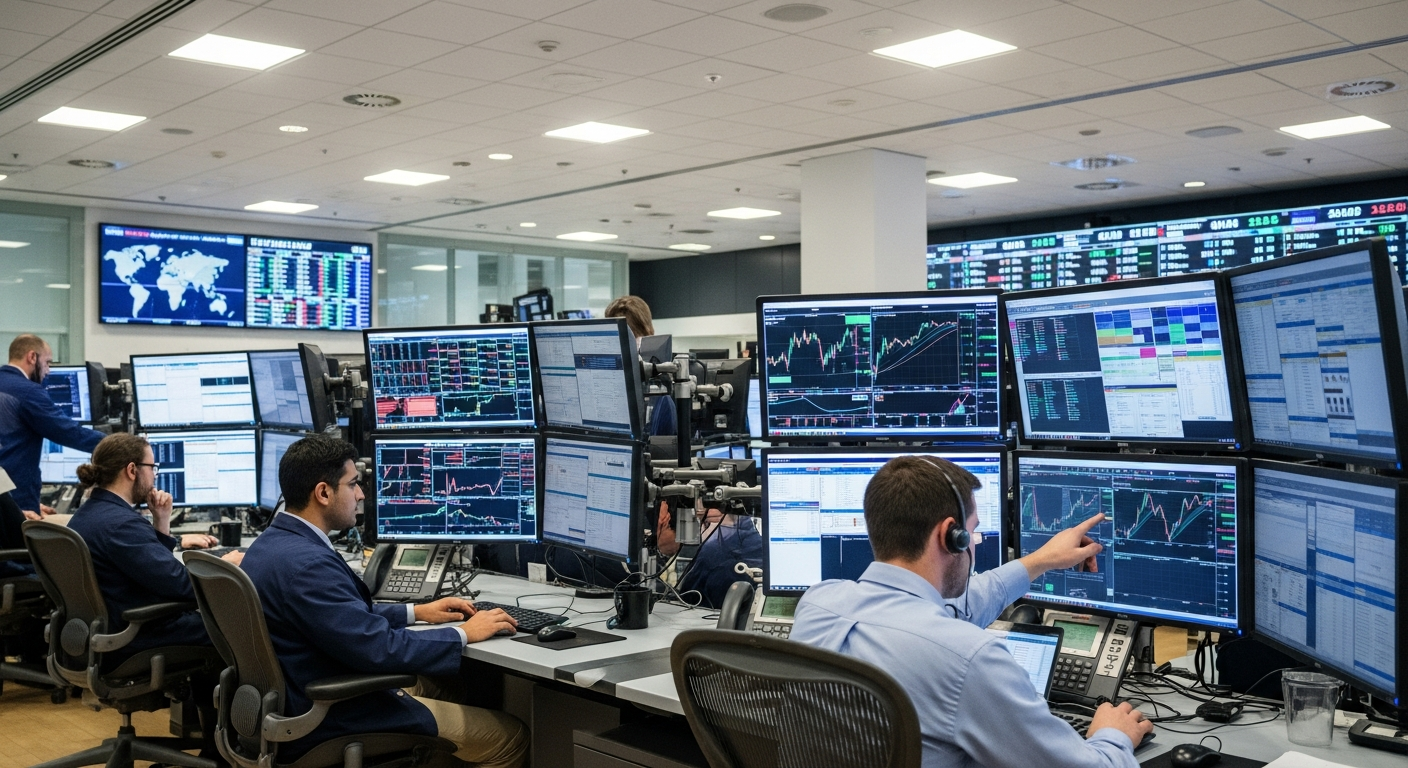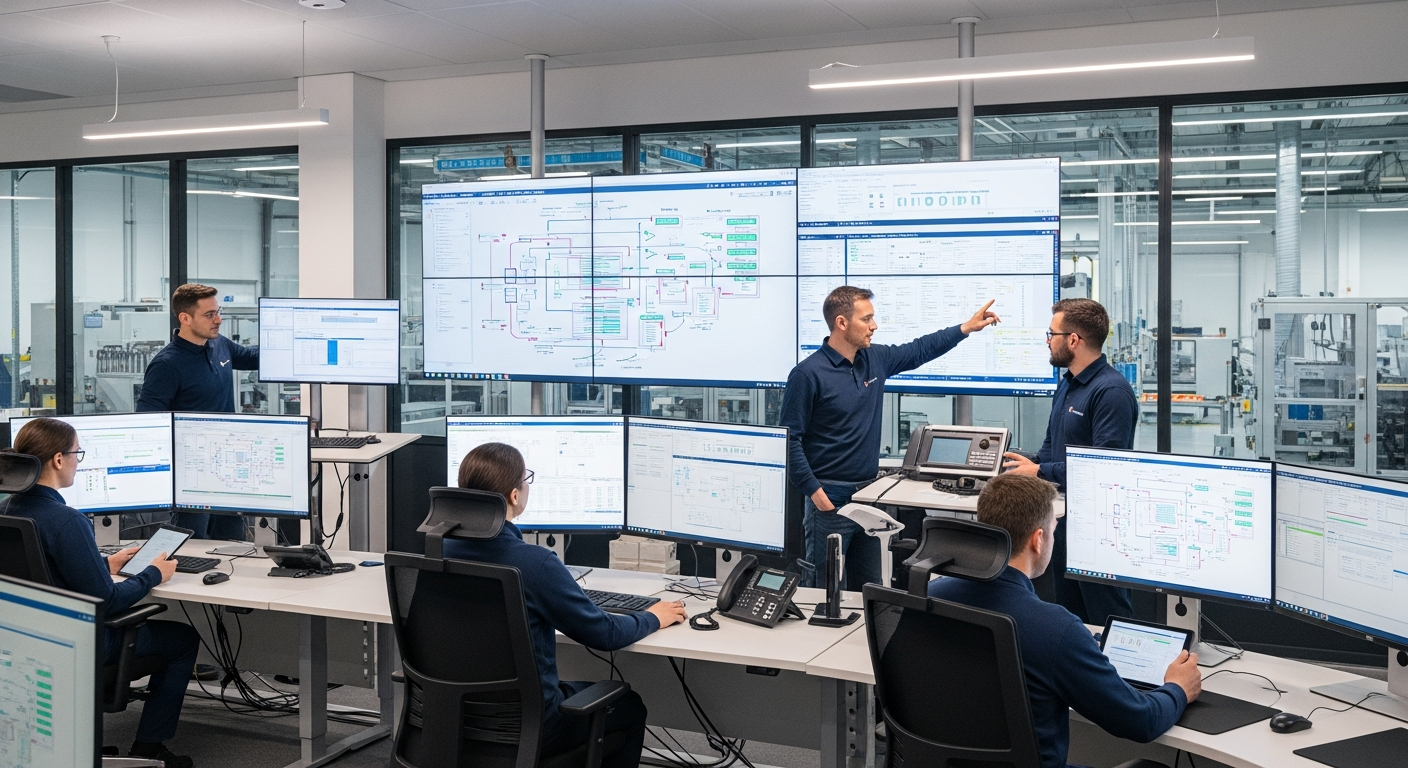Mindful Microdosing: Exploring the Potential of Psilocybin in Mental Health Care
In recent years, a paradigm shift has occurred in mental health treatment. What if the key to unlocking new pathways for healing lies in an unexpected source? Picture a world where carefully controlled doses of psilocybin, the active compound in "magic mushrooms," could offer hope for those struggling with treatment-resistant depression, anxiety, and PTSD. Is this the dawn of a new era in psychiatry?

In the 1950s, Western scientists began studying psilocybin’s potential therapeutic applications. However, the counterculture movement of the 1960s led to its criminalization, halting most research. It wasn’t until the early 2000s that scientific interest in psilocybin was rekindled, sparking a renaissance in psychedelic research.
The Science Behind Psilocybin’s Effects
Psilocybin works by binding to serotonin receptors in the brain, particularly the 5-HT2A receptor. This interaction leads to changes in brain activity and connectivity, potentially allowing for new neural pathways to form. Neuroimaging studies have shown that psilocybin can increase communication between brain regions that don’t typically interact, leading to novel thought patterns and perspectives.
One of the most intriguing aspects of psilocybin therapy is its ability to induce mystical-type experiences. These profound, often life-changing events are characterized by feelings of unity, transcendence, and ineffability. Research suggests that the intensity of these experiences correlates with positive therapeutic outcomes.
Promising Research in Mental Health Treatment
Recent clinical trials have shown remarkable results in using psilocybin to treat various mental health conditions. A 2016 study published in the Journal of Psychopharmacology found that a single dose of psilocybin, combined with psychological support, produced rapid and sustained antidepressant effects in patients with treatment-resistant depression.
Similarly, a 2020 study in JAMA Psychiatry demonstrated that psilocybin-assisted therapy was four times more effective than traditional antidepressants in treating major depressive disorder. Participants reported significant improvements in mood, anxiety, and overall well-being that persisted for months after treatment.
The Concept of Microdosing
While many studies focus on single, high-dose sessions, the practice of microdosing has gained attention in both scientific and popular circles. Microdosing involves taking sub-perceptual amounts of psychedelics, typically one-tenth to one-twentieth of a recreational dose, on a regular schedule.
Proponents of microdosing claim it can enhance creativity, improve mood, and increase focus without the intense psychedelic experiences associated with larger doses. While anecdotal reports are promising, rigorous scientific studies on microdosing are still in their early stages.
Challenges and Considerations
Despite the promising results, psilocybin therapy faces several hurdles. Its current classification as a Schedule I substance in many countries limits research opportunities and clinical applications. Additionally, there are concerns about potential risks, such as exacerbating pre-existing mental health conditions or triggering latent psychosis in susceptible individuals.
The importance of set and setting cannot be overstated in psilocybin therapy. The psychological state of the individual and the environment in which the experience takes place play crucial roles in determining outcomes. This necessitates careful screening, preparation, and professional supervision during treatment.
The Future of Psilocybin in Mental Health Care
As research continues to accumulate, the potential for psilocybin to revolutionize mental health treatment becomes increasingly apparent. Several jurisdictions, including Oregon and Colorado in the United States, have already moved to decriminalize or legalize psilocybin for therapeutic use. This trend is likely to continue as more evidence supports its efficacy and safety when used in controlled settings.
The integration of psilocybin therapy into mainstream mental health care could offer new hope for millions suffering from treatment-resistant conditions. However, it’s crucial to approach this emerging field with cautious optimism, continuing to prioritize rigorous scientific study and responsible clinical practices.
Mushroom for Thought: Psilocybin Facts and Insights
• Psilocybin is non-addictive and has a low toxicity profile compared to many traditional pharmaceuticals
• The effects of a psilocybin session can last 4-6 hours, but the psychological benefits may persist for months or even years
• Researchers are exploring psilocybin’s potential in treating addiction, including nicotine and alcohol dependence
• The FDA has granted “breakthrough therapy” designation to psilocybin for treatment-resistant depression, expediting its development and review
• Unlike traditional antidepressants, which often require daily use, psilocybin therapy may be effective with just one or two sessions per year
As we stand on the brink of a potential paradigm shift in mental health treatment, the resurgence of psilocybin research offers a beacon of hope for those who have struggled to find relief through conventional methods. While challenges remain, the growing body of evidence supporting psilocybin’s therapeutic potential suggests that we may be witnessing the birth of a new era in psychiatry—one that embraces the healing power of consciousness-expanding experiences. As research progresses and regulatory barriers fall, mindful microdosing and psilocybin-assisted therapy may soon become valuable tools in our mental health arsenal, offering new pathways to healing and self-discovery.






